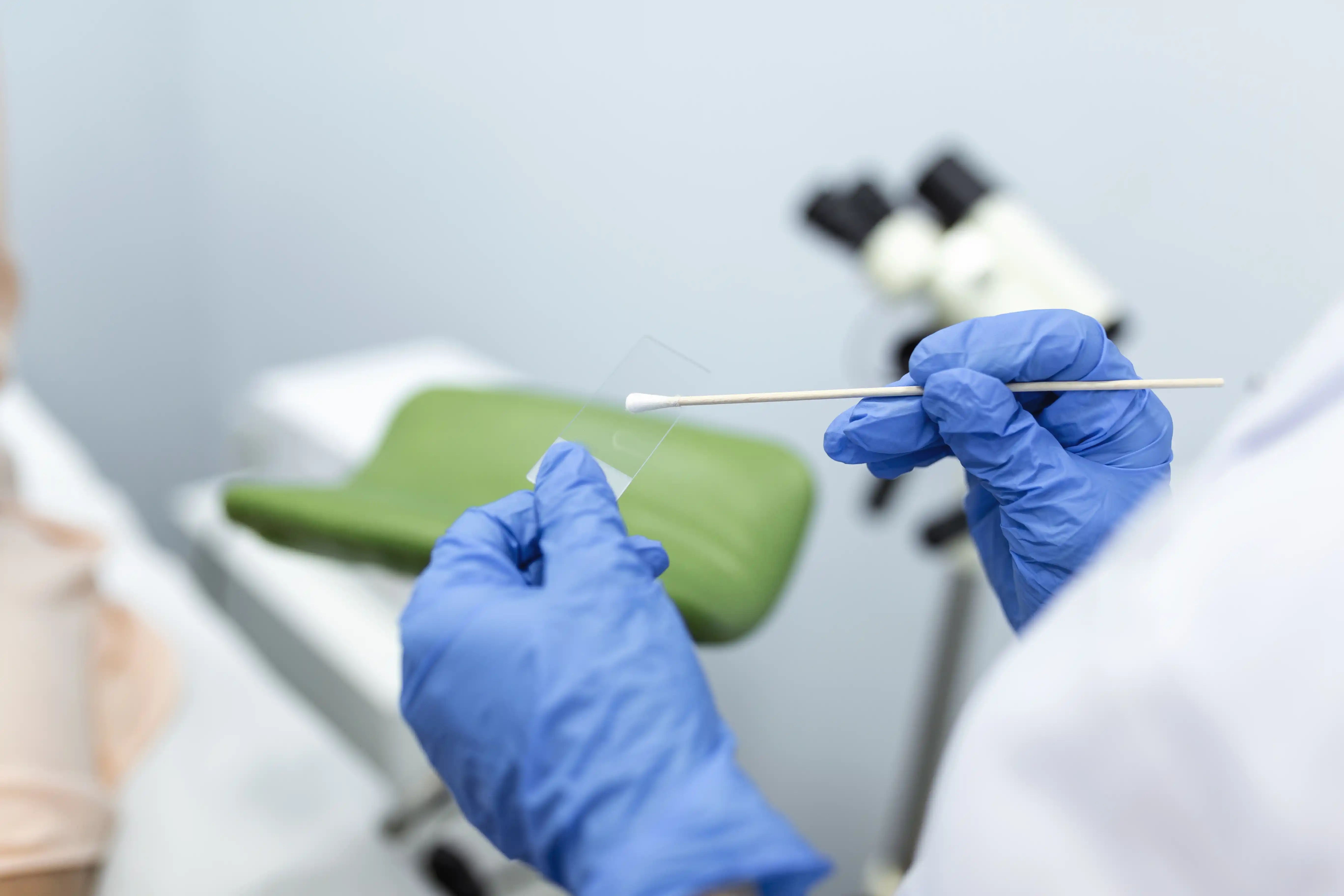
A Shot at Preventing Cancer - Why Not?
Cervical cancer is a type of cancer that develops on a woman's cervix, sometimes known as the "neck of the womb." In many cases, symptoms may not appear until an advanced stage, at which point irregular vaginal discharge, bleeding, or pelvic pain may be experienced. Cervical cancer is the fourth most prevalent type of cancer in Malaysian women (Globocan 2020). This poses a significant threat to the well-being and longevity of Malaysian women. However, cervical cancer is one of the few gynaecological cancers that are easily checked, found, treated, and cured.
Gleneagles Hospital Kuala Lumpur's resident Consultant Gynaecological Oncologist, Dr Teh Beng Hock explains how this can be accomplished.
Pap Smear Services
Pap smear services started in Malaysia over 40 years ago, but its uptake remains appallingly low. Cervical cancer remains one of the main reasons for hospital admissions and radical treatments. The aim of performing a pap smear is to detect cells from the cervix that are abnormal but have not yet become cancerous. These are termed ‘precancerous’ cells. It can easily be done by any trained healthcare worker or yourself. It is a quick and almost always painless procedure.
 Pap smears can detect cells from the cervix that are abnormal but have not become cancerous.
Pap smears can detect cells from the cervix that are abnormal but have not become cancerous.
Who Should Consider Pap Smears?
Pap smears should be offered to all women between the ages of 20 and 65 years who have been or are currently sexually active regardless of marital status. It should also be done even if you have had the Human Papilloma Virus (HPV) vaccination.
 Pap smears should be offered to women between the ages of 20 to 65 years.
Pap smears should be offered to women between the ages of 20 to 65 years.
How Are Pap Smears Conducted?
You would be asked to undress from the waist down and lie on the examination bed with your knees bent. A device called a speculum will be inserted into the vagina and this device helps hold the vaginal wall apart so that your doctor can easily visualise the cervix. Samples of your cervical cells will be taken using a soft brush. Inserting a speculum may cause a slight pressure sensation in the pelvic area but usually does not hurt. The cells collected are then sent to the laboratory for examination. There are no restrictions to your daily activities after the procedure is done.
When Should I Consider A Pap Smear?
To ensure that your pap smear is most effective, and the results are accurate, you should try to avoid having it done during your menstrual period. In addition, try to avoid intercourse, douching or using any vaginal medications/creams for at least 2 days before the procedure.
What Do My Results Mean?
If only normal cells were detected during your pap smear, you are said to have a negative result. You would not need any further testing and will only need to repeat your Pap smear at the recommended intervals. If abnormal cells were detected, you are then said to have a positive result. A positive result DOES NOT mean you have cancer. What it means depends on the type of cells detected. It is also common for test results to return as unsatisfactory/unclear/inconclusive. They all mean the same thing: that your cervical cells are inadequate for proper assessment or may look like they could be abnormal. This could be due to various factors like pregnancy, menopause, and drying artefacts during cell collection. Your doctor would generally repeat the smear in these circumstances.
 You are said to have a negative result if your pap smear only revealed normal cells.
You are said to have a negative result if your pap smear only revealed normal cells.
What Happens If I have Abnormal Cells?
If you have abnormal cells in your pap smear, you may be asked to see a doctor with more experience in cervical examination and to undergo further testing. This usually involves examining the cervix with a special microscope and a small piece of cervical tissue (biopsy) may be taken to make a more definitive diagnosis. If your pap smear was negative, then you are to repeat the smear at three to five yearly intervals depending on the type of pap smear performed. However, your doctor may advise you for a more frequent pap smear examination if your results were abnormal.
When To Stop Pap Smears & Special Considerations
If you have had a total hysterectomy for a non-cancerous disease, pap smears can be ceased. However, it should be continued if your hysterectomy was for a precancerous/cancerous disease or if you had a partial/subtotal (where the cervix is left behind) hysterectomy. Generally, pap smears can also be stopped after the age of 65 if you have had 2 previous negative smears (with no abnormal smears in the last 10 years) and are not at high risk of cervical cancer.
HPV testing: some authorities may recommend a longer interval of 5 years for pap smear testing if you had a concurrent negative pap smear and HPV test.
What Else Can I Do To Prevent Cervical Cancer?
- Remember to keep to your doctor’s appointment for regular pap smears.
- Comply with further testing if your doctor tells you to.
- Do not smoke. Smoking weakens your immune system which in turn increases your risk of cervical cancer (apart from many other cancers).
- Consider HPV vaccination. It does not cure existing HPV infections or related problems but can protect you from getting new ones in the future.

Consider getting HPV vaccinated to protect against Human Papilloma Virus (HPV) infections.
About the HPV Vaccine
The HPV vaccine protects women from getting infected by the Human Papilloma Virus (HPV). It is a very common virus with many subtypes and some of these subtypes (‘high risk’ subtypes) are an essential trigger to the evolution of cervical cancer. The currently available vaccine is Gardasil 9 which protects you from nine HPV subtypes and is generally given to girls from 9 years of age before their sexual debut and hence to HPV exposure. They are believed to be safe and are given in 3 doses over 6 months. It is not recommended for women who are pregnant. Ideally, females should get the vaccine before becoming sexually active to obtain maximum protection. Females who are already sexually active may also receive the vaccination but may benefit less from it. This is because they may have already been exposed to HPV. Ask your general practitioner for more information about HPV vaccination.
Written By
Dr Teh Beng Hock
Consultant Gynaecological Oncologist
Gleneagles Hospital Kuala Lumpur









 Pap smears can detect cells from the cervix that are abnormal but have not become cancerous.
Pap smears can detect cells from the cervix that are abnormal but have not become cancerous. Pap smears should be offered to women between the ages of 20 to 65 years.
Pap smears should be offered to women between the ages of 20 to 65 years. You are said to have a negative result if your pap smear only revealed normal cells.
You are said to have a negative result if your pap smear only revealed normal cells.

